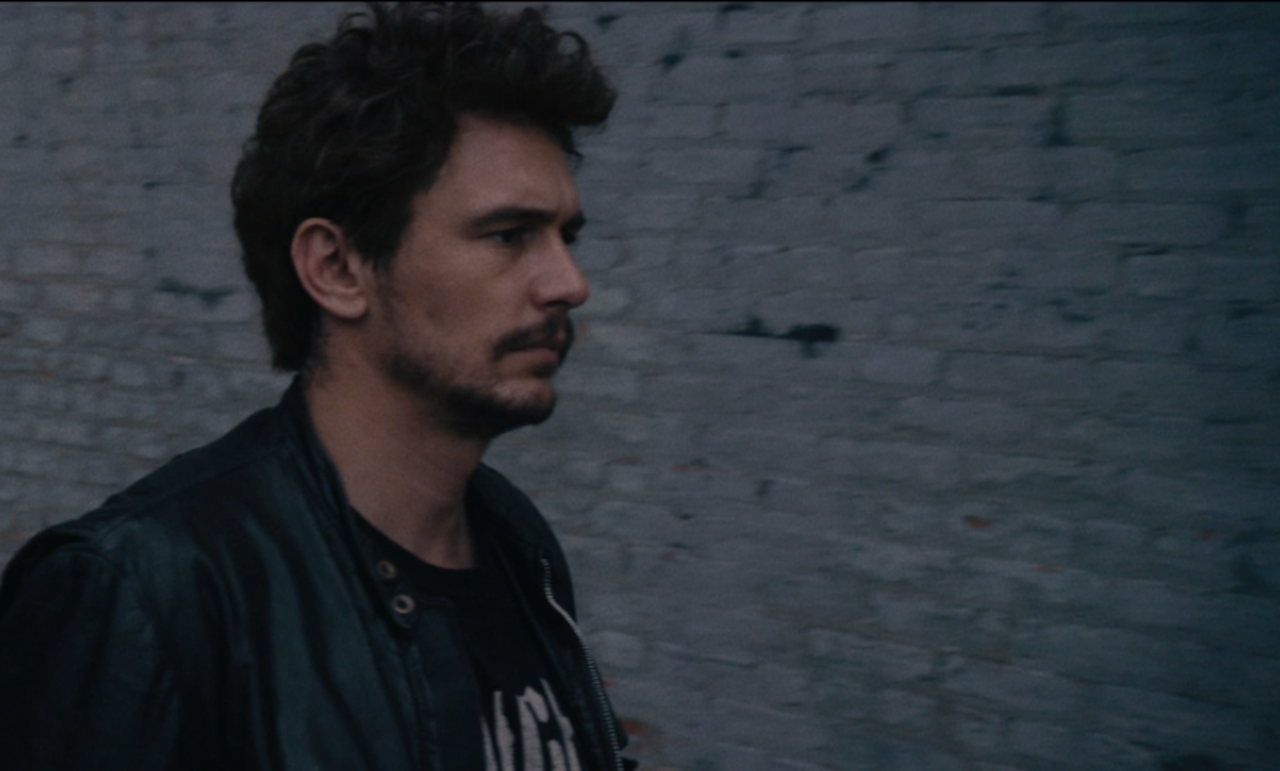Love Lies Bleeding
by Hope Madden
Awash in the stink and the glory of new passion, Rose Glass’s Love Lies Bleeding treads some familiar roadways but leaves an impression solely its own.
Lou (Kristen Stewart) and her mullet work a shitty job in a low rent gym in a nowhere town, looking with disdain toward essentially everyone. Until Jackie (Katy O’Brian) blows into town from wherever and Lou can’t take her eyes off her.
But every stranger has a backstory, and that’s the rub of romance movies, isn’t it? Everybody’s fresh and clean. Not Lou and not Jackie, but for now, it’s all good. Jackie wants to go to Vegas and compete in body building finals. Lou wants Jackie.
Glass blends and smears cinematic gender identifiers, particularly those of noir and thriller, concocting an intoxicating new image of sexual awakening and empowerment. She routinely upends images of power and masculinity, subverting expectations and associations and fetishizing the human body anew.
For Lou and Jackie, love is a wild and dangerous drug, heady and unpredictable. The same sentence describes Glass’s film. She likes to make you uncomfortable, and as soon as you acclimate to one type of confrontation, she’s on to the next. But her style has energy to burn, and her leads are just as explosive.
The supporting cast—Jena Malone (obviously destined to play Stewart’s sister at some point), Dave Franco (with an even more impressive mullet), and the great Ed Harris—command attention with dimensional, damaged and damaging performances.
Glass is not out to break new ground, plot wise. The story is rock solid but delivers essentially a smartly crafted hillbilly noir thriller—a la Red Rock West, Blood Simple, Killer Joe— but with few truly surprising plot turns. The execution, however, is something you’ve never witnessed.
Anyone who’s seen Glass’s magnificent 2021 horror Saint Maud may be better prepared for the third act than newcomers to the filmmaker’s vision, but it’s a wild and unexpected turn regardless. It’s quite something—bold, original, and wryly funny in the most unexpected moments. There’s heartbreak and horror, sex and revenge, a little magic and a lot of steroids. Glass’s juice has the goods.









